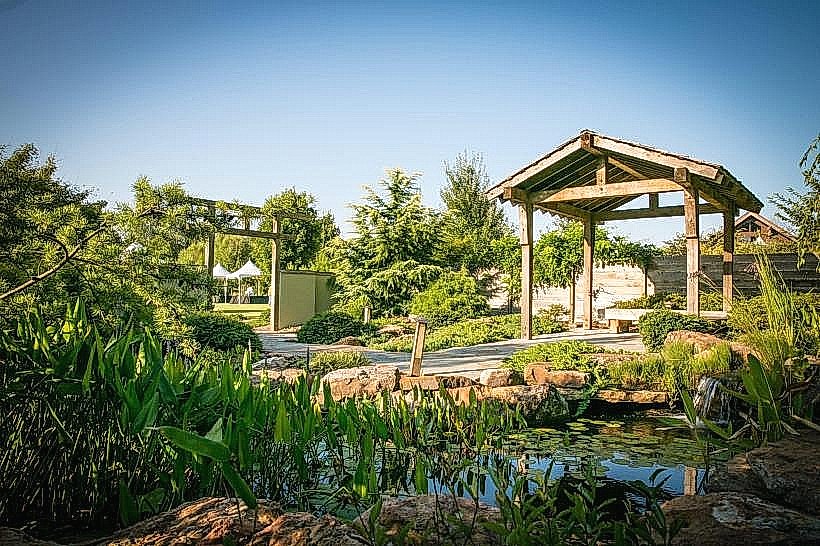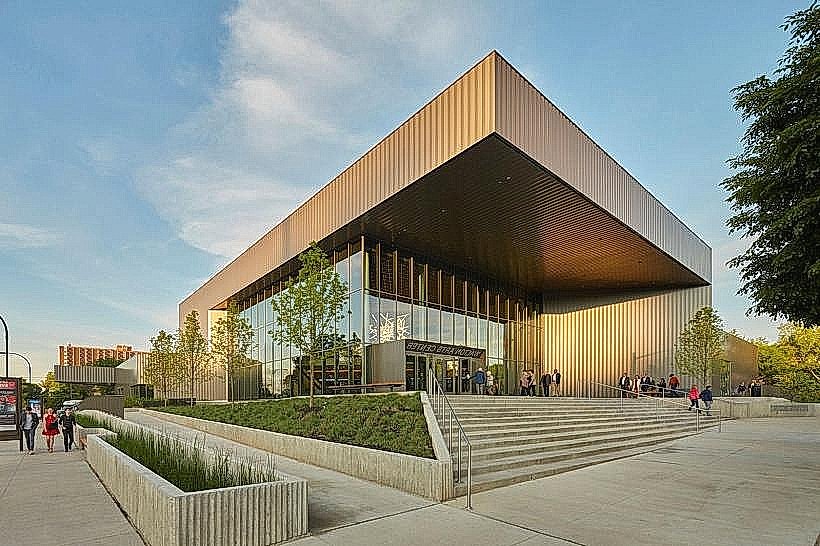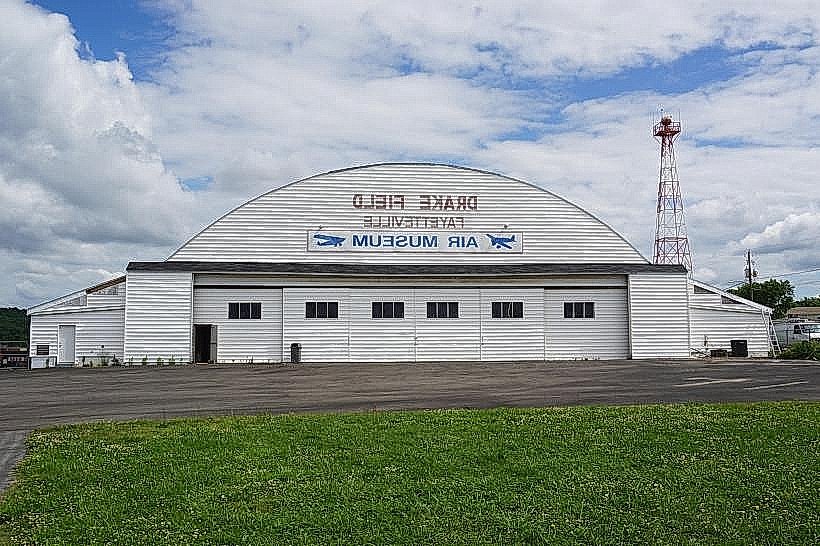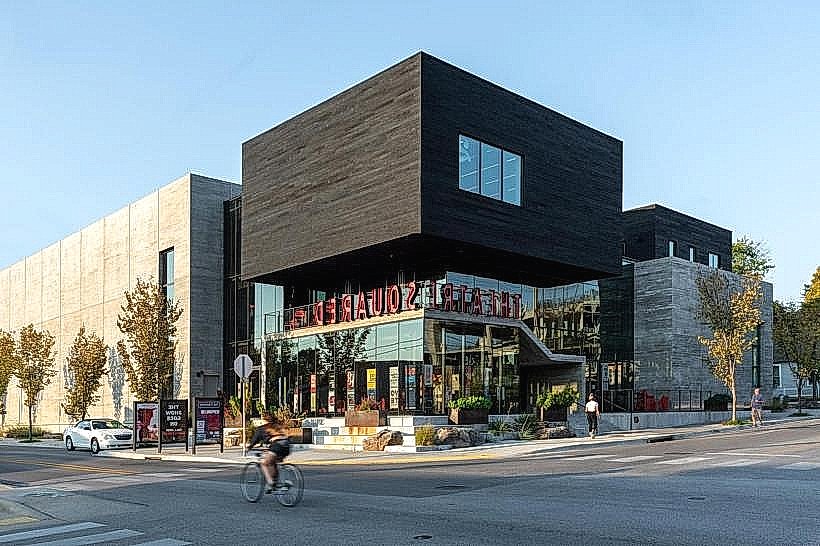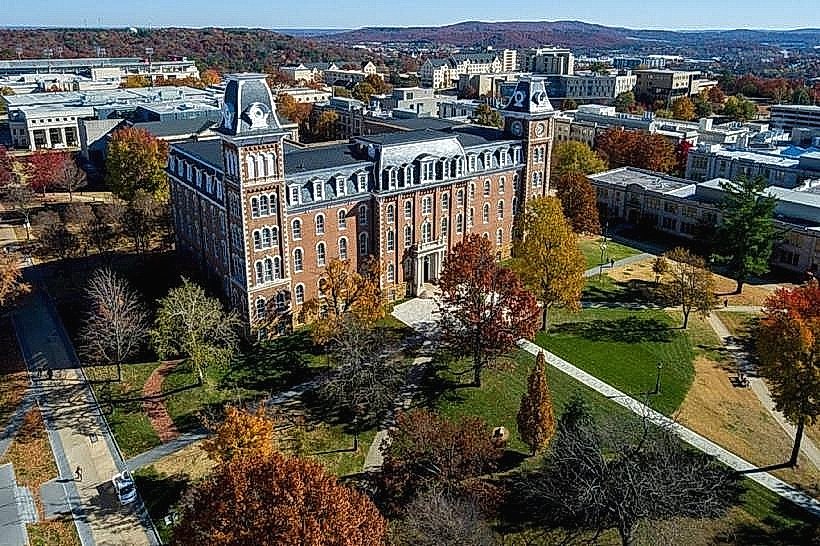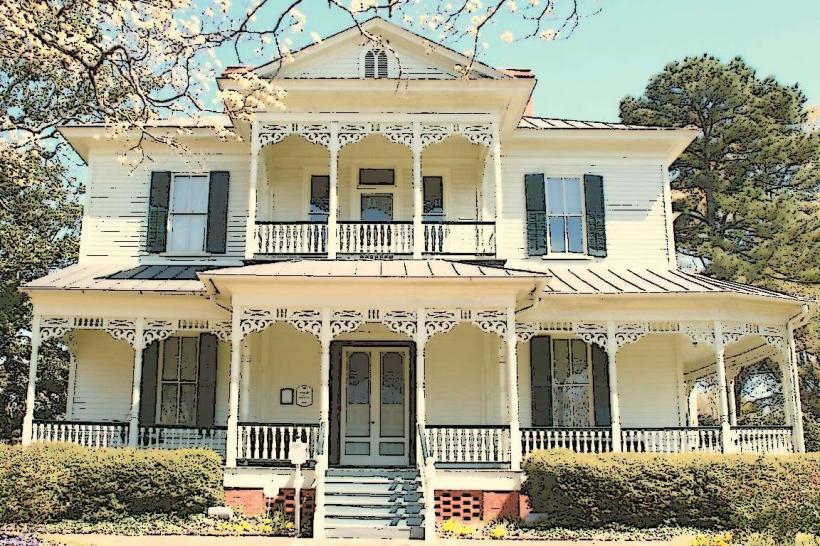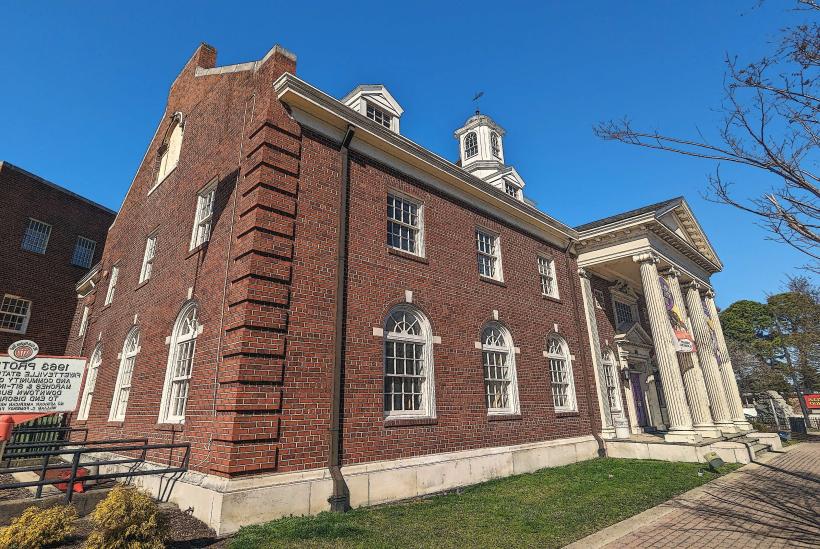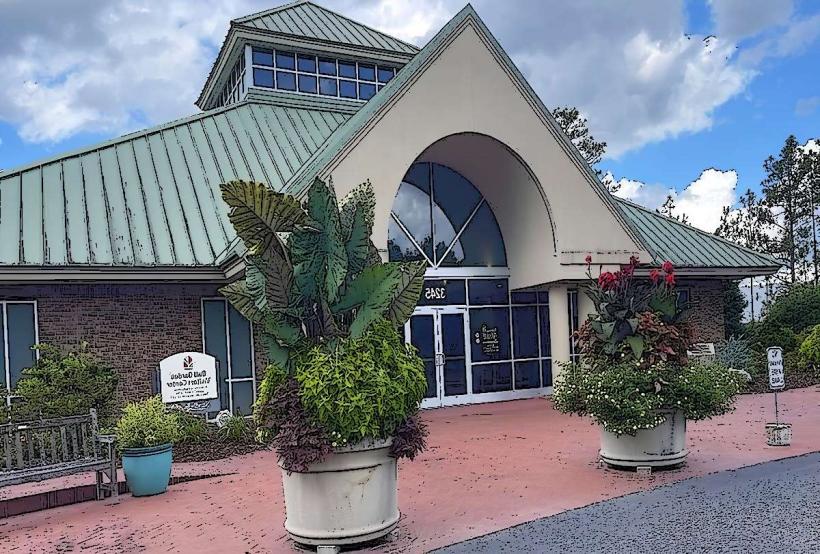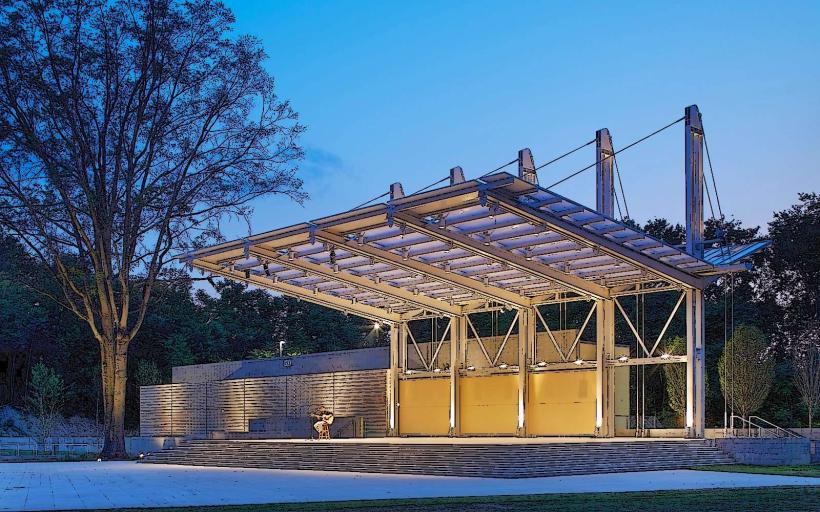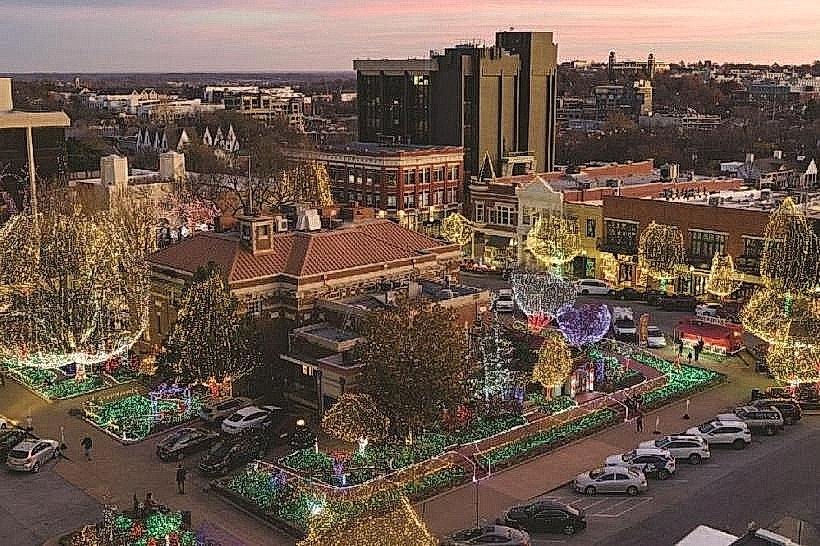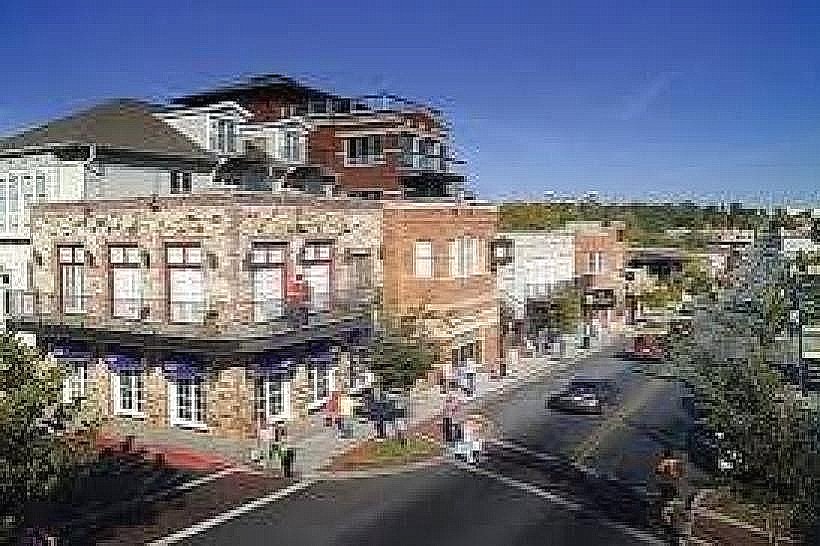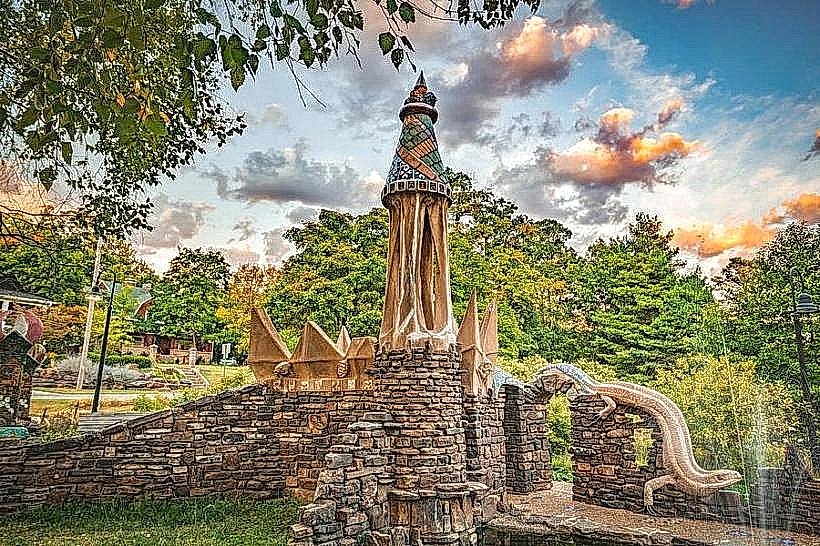Information
Landmark: Cape Fear Botanical GardenCity: Fayetteville
Country: USA North Carolina
Continent: North America
Cape Fear Botanical Garden, Fayetteville, USA North Carolina, North America
The Cape Fear Botanical Garden is a 166-acre horticultural facility located in Fayetteville, North Carolina.
It features diverse plant collections and natural areas along the Cape Fear River.
Visual Characteristics
The garden comprises cultivated areas with themed collections, including a rose garden, a native plant section, and a children's garden. Natural areas consist of mature woodlands, wetlands, and riverfront access. Dominant materials in constructed elements include brick pathways, wooden pergolas, and stone retaining walls. Vegetation density varies from manicured beds to dense forest canopy.
Location & Access Logistics
The garden is situated at 536 North Eastern Boulevard, Fayetteville, NC 28301, approximately 3.2 kilometers (2 miles) northeast of downtown Fayetteville. Access is via North Eastern Boulevard (US-301). Ample paved parking is available on-site. Public transport options are limited; limited bus routes may serve the general area, but direct access via public transit is not guaranteed.
Historical & Ecological Origin
The garden was established in 1989 on land formerly owned by the City of Fayetteville. Its ecological origin is rooted in the coastal plain of North Carolina, featuring a mix of Piedmont and Sandhills flora influenced by the Cape Fear River's riparian zone. The site preserves a portion of the natural landscape for horticultural display and conservation.
Key Highlights & Activities
Visitors can explore themed gardens, including the Heritage Rose Garden, the Native Plant Garden, and the Children's Adventure Garden. Walking trails traverse woodland and riverfront areas. Educational programs and seasonal events are regularly scheduled. Photography is permitted throughout the grounds.
Infrastructure & Amenities
Restrooms are available within the main visitor center and at designated points. Shaded areas are provided by mature trees and constructed shelters. Cell phone signal (4G/5G) is generally available within the garden. Food vendors are not present within the garden; visitors are advised to bring their own provisions or dine in nearby Fayetteville.
Best Time to Visit
For optimal lighting for photography, early morning (7:00 AM - 9:00 AM) and late afternoon (4:00 PM - 6:00 PM) offer softer light. Spring (March-May) and Fall (September-November) provide the most pleasant weather conditions with blooming flowers and comfortable temperatures. No specific tide requirements affect access.
Facts & Legends
The garden is home to the largest collection of azaleas in North Carolina. A local anecdote suggests that during certain times of the year, the sounds of the Cape Fear River can be heard more clearly from the western edge of the property, creating a sense of isolation from the city.
Nearby Landmarks
- Fayetteville Rose Garden - 2.5km Southwest
- Cross Creek Cemetery - 2.8km Southwest
- Airborne & Special Operations Museum - 3.0km Southwest
- Cape Fear River Trail - 0.8km West
- Downtown Fayetteville - 3.2km Southwest

